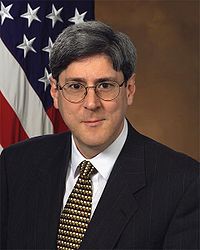Washington, DC, February 20, 2014 – A major controversy during the administration of President George W. Bush concerned the use or misuse of intelligence with regard to Iraqi weapons of mass destruction programs and possible links between Iraq and al-Qaida. The best known elements of that controversy were Iraqi motivations behind the procurement of aluminum tubes, whether Iraq had sought to acquire uranium from Niger, if Iraq was seeking to reconstitute its nuclear weapons program, and whether it was producing and stockpiling chemical or biological weapons.
But another aspect of that controversy involved two components of the Under Secretary of Defense for Policy — the Office of Special Plans and the Policy Counterterrorism Evaluation Group (PCTEG). During the Bush administration, and after, there have been numerous accounts that either confused the functions of those offices or attributed actions to them that they never undertook.
One potential cause for confusion is that the term "Special Plans" has been a euphemism for deception since World War II, and for 'perception management' (which included deception and 'truth projection') since at least the mid-1970s. And during the George W. Bush administration the term apparently had a dual use — as a traditional euphemism (for perception management) as well as a temporary title for planning with regard to Iraq, Iran, and counterterrorism.1
Clearing up the confusion requires an examination of four different classes of documents — those concerning deception and special plans prior to the Ronald Reagan administration, those focusing on special plans during the Reagan administration, those related to the Office of Special Plans under Under Secretary of Defense Douglas Feith, and others focusing on the PCTEG.
Deception & Special Plans, 1946-1980 read more w/documents>>>








No comments:
Post a Comment